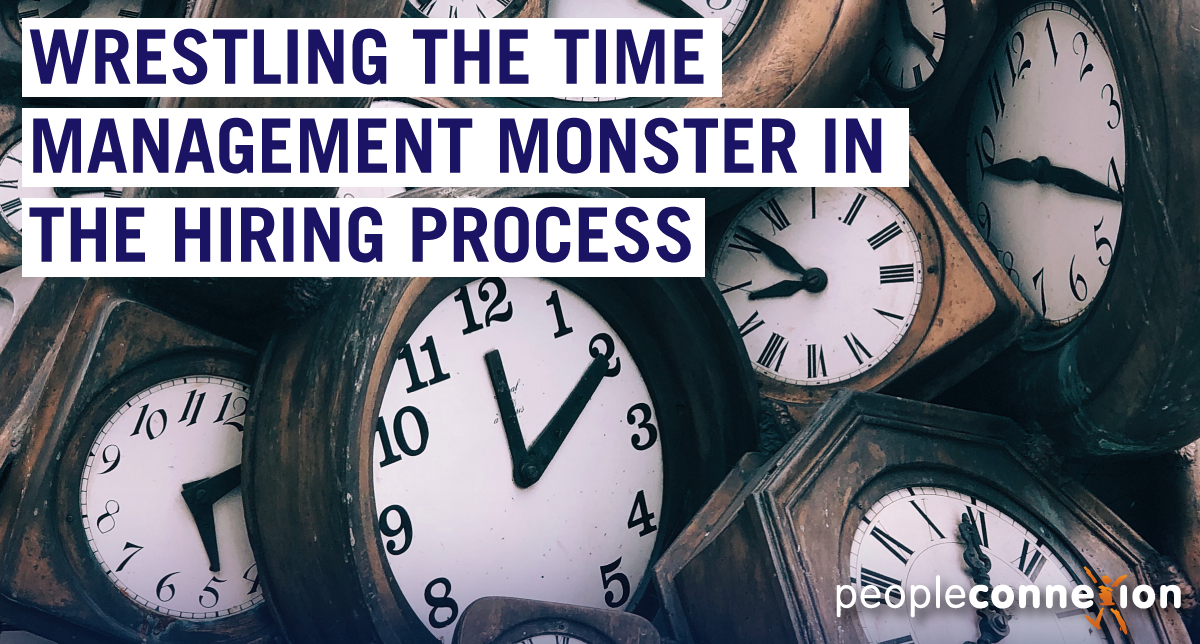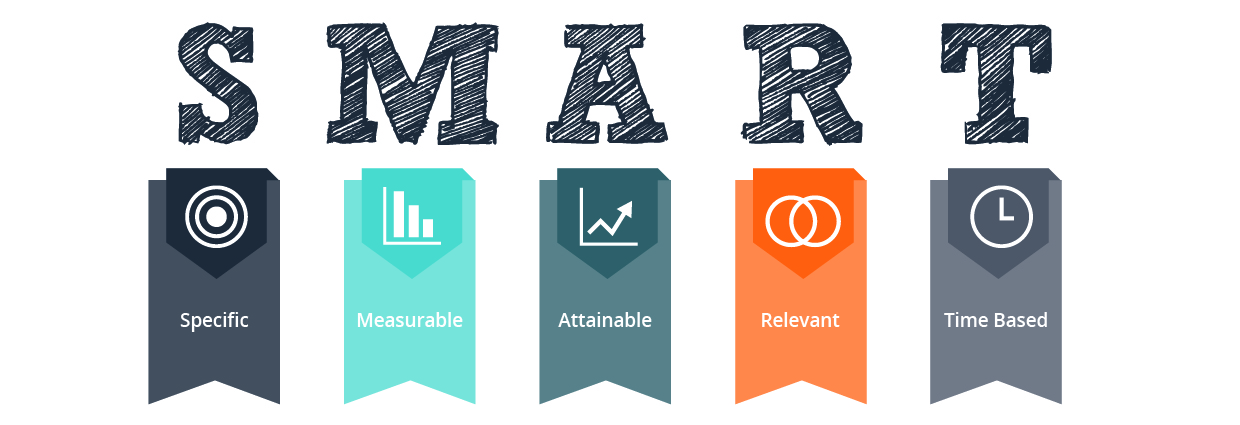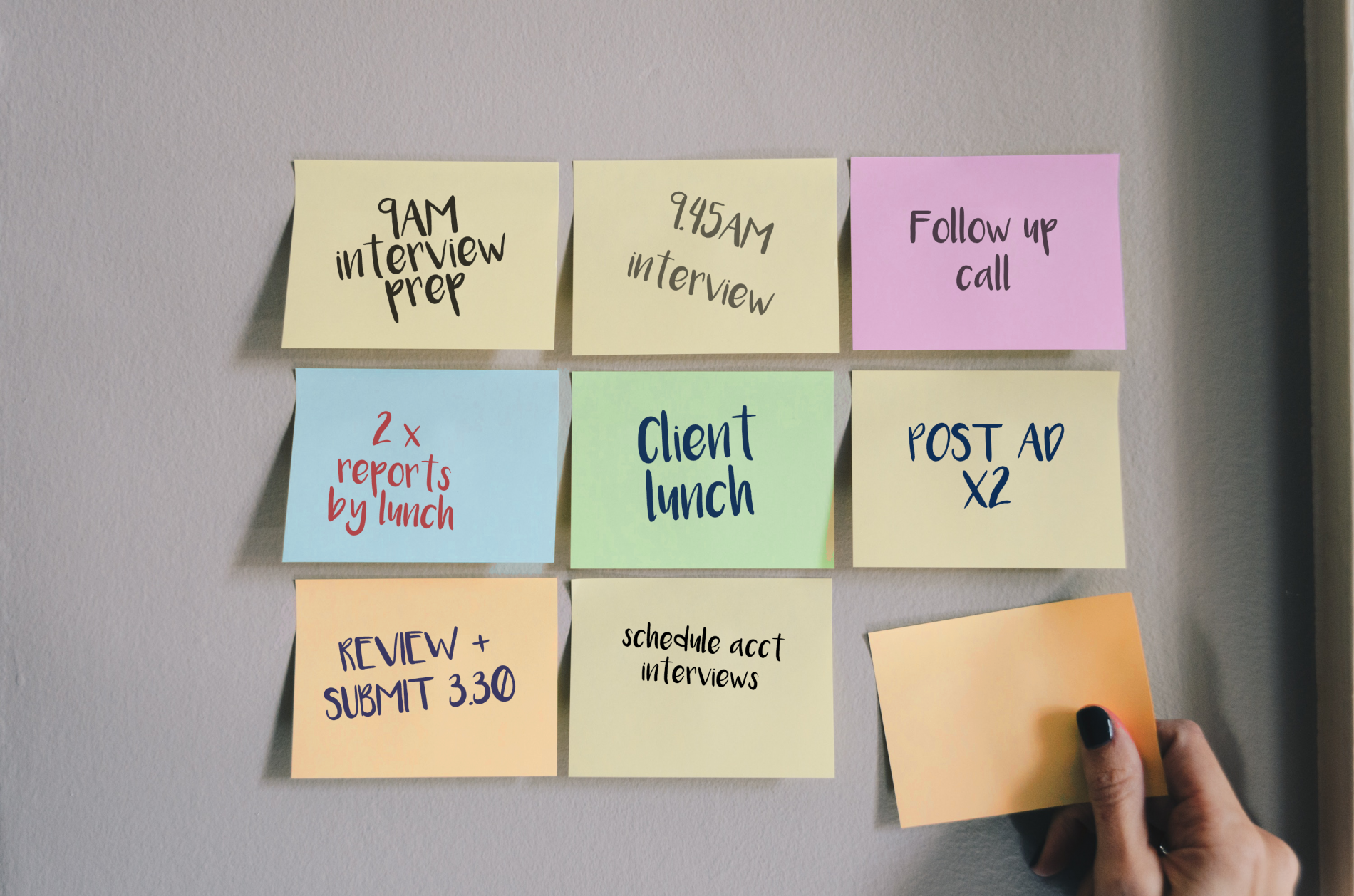Wrestling the Time Management Monster in the Hiring Process
In my role as a Resourcing Consultant, I’ve read thousands (yes ? thousands) of CVs, seen recruitment assignments through from start to end and have shared the joy of a final offer with more candidates than I can count.
If there’s anything I’ve learned in my time in recruitment, it’s that time management matters.
They say that ‘time kills all deals?. Well, this couldn’t be truer for the hiring process.
Consider it from all sides:
From a client’s side ? a candidate who is slow to respond, late to an interview and leaves a ?maybe? dangling a little too long appears uninterested in the role.
From a candidate’s side ? an employer who reschedules the interview twice, turns up unprepared and takes weeks to prepare an offer makes it seem as if the role isn’t real, or the workplace culture leaves much to be desired.
And as for the recruiter trying to make the match made in heaven between the two parties… the timing is everything.
The way we use our time, and show our respect for others? time determines the impression we leave.
If you are punctual, respond to questions, engaging, confident and genuine throughout the interview and recruitment process then this sets you apart from the rest of the pool.
Part of the learning curve in recruitment is really all about learning to manage your own time. Keeping that in mind, here are my top tips for time management:
1. Develop SMART goals
I’ve touched on this before in a previous article, but it really is important. SMART goals are goals that are:
Specific: What exactly are you going to do? What are the steps you need to take?
Measurable: How can you tell you’ve achieved the goal? How will you measure and track your progress along the way?
Attainable: Is this a goal you can actually achieve? Are your expectations matched to your reality?
Relevant: How does this goal link in with your long-term goals? The project you’re working on?
Time-based: Have you set a deadline? How long will it take for you to achieve your goal?
2. Expect the unexpected
Plan ahead for any scenario. If you have an interview planned, assume there will be a ridiculous amount of traffic on the way or every single one of your co-workers will stop you on your way to the interview room. Leave yourself a buffer so you can arrive a little early and calm yourself down before you walk inside.
3. Set reminders
Everyone forgets things sometimes.
If you’re having a busy day, sometimes tasks and follow-ups will fall through the cracks. It happens to the best of us.
When you’re stepping through the recruitment process, those little tasks and follow-ups are high stakes. They matter.
To ensure you remember to follow up that email, update that CV, make that phone call or set that meeting, the best thing you can do is set reminders.
If you have the technology available, set up calendar reminders in your phone or your emails. Otherwise, write yourself notes and stick them where you can see them. On your desk. In the bathroom. On the inside of the front door.
If you don’t trust yourself to remember (even with calendar reminders set and a desk full of sticky notes), ask someone to remind you. Now, if you’re the candidate in a recruitment process ? this shouldn’t be your manager or one of your colleagues. Try asking a friend or family member to check in with you to make sure you’ve completed that task. Accountability is key.
4. Do a practice run
If you don’t know how to make it to your interview, do a practice run. Learn where the building is, what the parking situation is, what route to take, how long it will take to walk or get a taxi, and where the front door is located. This will save you time and stress on the day of your interview.
For new interviewers, try timing a ?mock? interview to test your skills and gauge how long the interview will take. This is especially important for back-to-back interviews where the length of one interview will throw off the rest of the day.
With the right approach, you can manage your time efficiently, productively and relatively stress free. Know your goals. Make sure you’re engaging in activities that support your goals, both short- and long-term. Everything else is a potential time-waster. Your daily plan should revolve around working on tasks and activities that directly relate to your goals.
Download our career/goal planning guide here and begin planning for your future now! http://bit.ly/2SFX0fM




